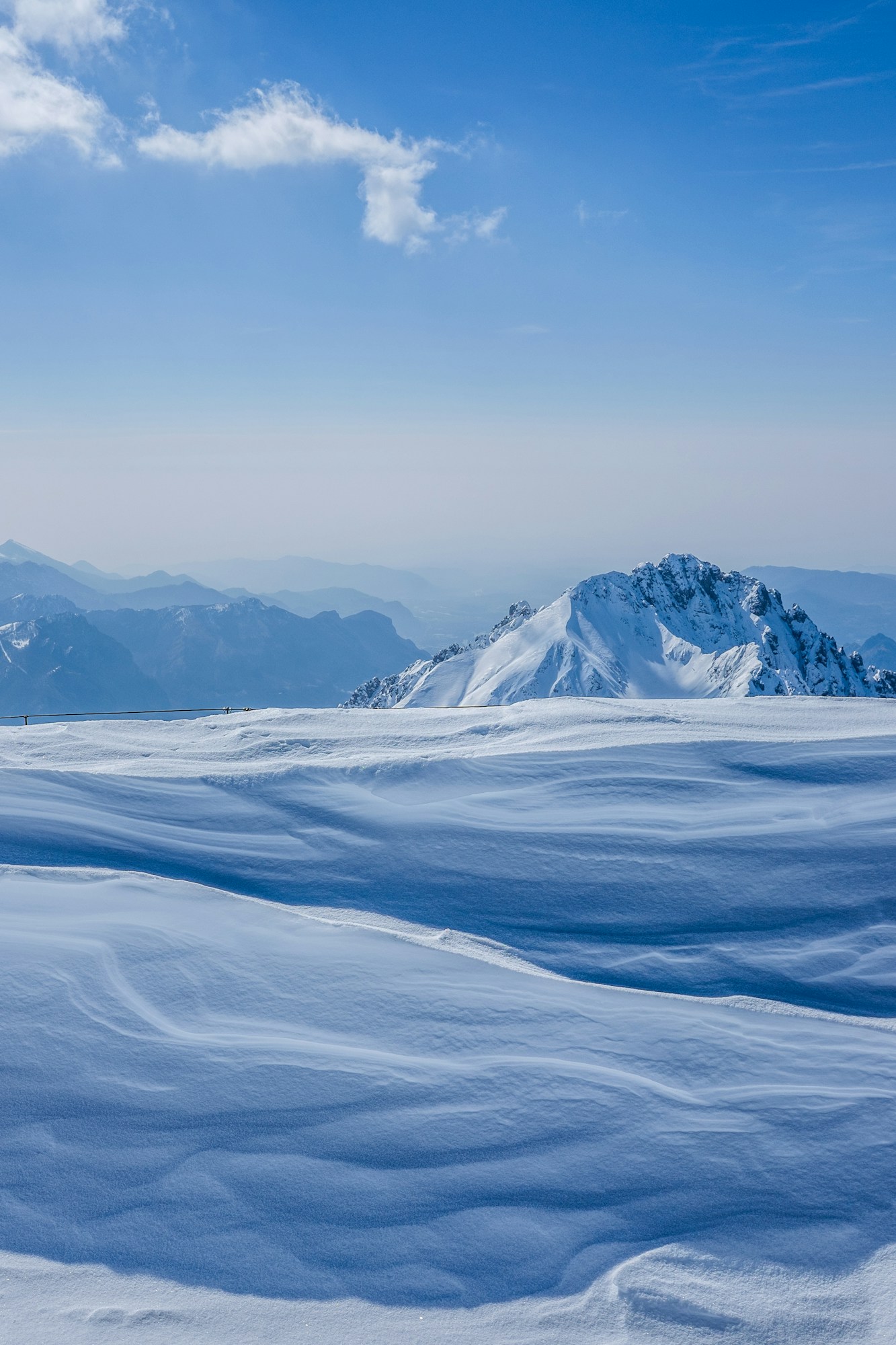- The Arctic is a vital polar region encompassing parts of eight countries and numerous indigenous cultures.
- It’s characterized by extreme conditions, significant biodiversity, and unique flora and fauna adapted to its cold climate.
- The Arctic plays a crucial role in global climate dynamics and is a focal point for discussions on climate change.
Geographical Composition and Climate Dynamics
A. The Arctic Realm
The Arctic region, encompassing the Arctic Ocean, adjacent seas, and parts of Canada, Denmark (Greenland), Finland, Iceland, Norway, Russia, Sweden, and the United States (Alaska), represents a unique ecosystem. It is defined by its polar location, seasonally varying snow and ice cover, and predominantly treeless permafrost landscapes.
B. Climate Patterns
Characterized by cold winters, cool summers, and low precipitation mostly in the form of snow, the Arctic climate varies significantly across its vast expanse. Coastal areas, influenced by oceanic factors, experience milder temperatures and heavier snowfalls compared to the colder, drier interiors.
C. Climate Change Impact
The Arctic is a barometer for global warming, with significant sea ice shrinkage, permafrost thawing, and changes in biodiversity patterns. These changes have far-reaching implications, not just regionally but globally.

Flora, Fauna, and Indigenous Cultures
A. Unique Ecosystem
Adaptation is key in the Arctic, where flora and fauna have evolved to thrive in extreme conditions. From dwarf shrubs and mosses forming tundra to unique animal species like the Arctic hare, muskox, and polar bear, the Arctic showcases nature’s resilience.
B. Indigenous Peoples
The Arctic is home to diverse indigenous cultures, each with rich traditions and histories deeply intertwined with the natural environment. These communities offer invaluable insights into sustainable living and environmental stewardship.
International Cooperation and Territorial Claims
A. Governance and Cooperation
The Arctic Council, comprising eight Arctic nations and indigenous organizations, plays a pivotal role in addressing environmental issues, territorial disputes, and sustainable development in the region.
B. Territorial Claims and Resource Management
The race for Arctic resources, including oil, gas, and minerals, has intensified international debates over sovereignty and environmental protection. The region’s potential for new shipping routes and resource extraction poses both opportunities and challenges.
Conclusion: The Arctic’s Global Significance
The Arctic region, while remote, is integral to the planet’s ecological balance, climate regulation, and cultural diversity. Preserving its pristine environment amidst global warming and geopolitical interests is crucial for the well-being of the planet and future generations.
Frequently Asked Questions
How does climate change affect the Arctic?
It leads to sea ice loss, permafrost thawing, and shifts in biodiversity.
What countries are part of the Arctic region?
Canada, Denmark (Greenland), Finland, Iceland, Norway, Russia, Sweden, and the United States (Alaska).
What is the significance of the Arctic in global climate dynamics?
The Arctic acts as a climate regulator and is a key indicator of global warming trends.
What are some unique wildlife species found in the Arctic?
Species like the polar bear, muskox, Arctic fox, and diverse marine life.
What role does the Arctic Council play?
It facilitates cooperation on environmental protection, sustainable development, and indigenous rights.
Are there territorial disputes in the Arctic?
Yes, concerning resource claims and navigation rights.
Can the melting Arctic ice affect global sea levels?
Yes, melting ice contributes to rising sea levels.
What are the potential economic opportunities in the Arctic?
New shipping routes and resource extraction, balanced against environmental concerns.
How is wildlife in the Arctic adapting to climate change?
Species are adjusting migration patterns and diets, but many face survival challenges.
This comprehensive exploration of the Arctic underscores its critical role in our global ecosystem and the importance of proactive international cooperation to address the challenges it faces.




